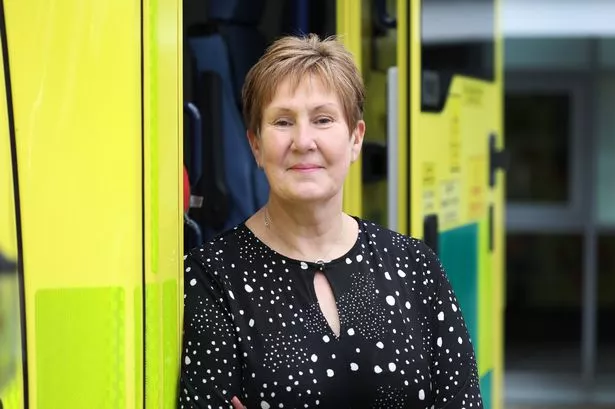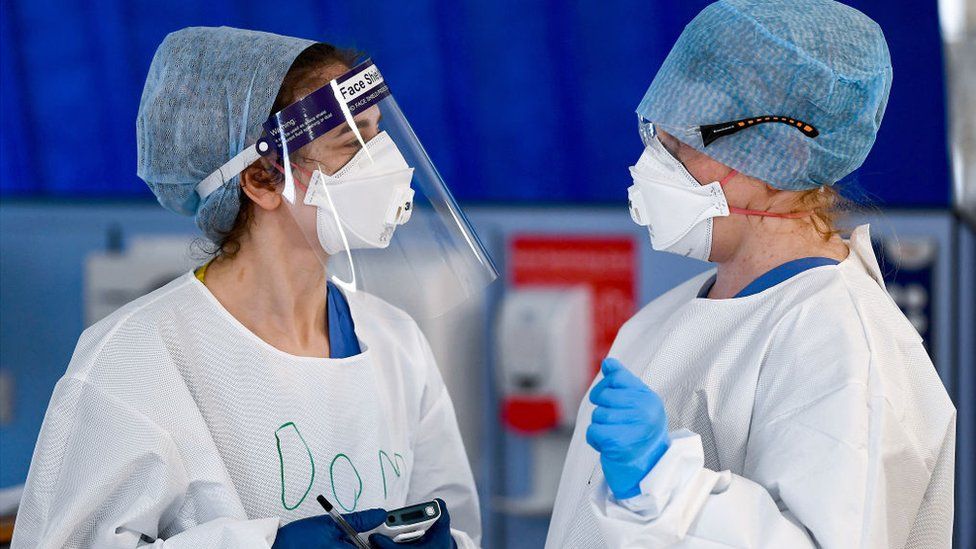Following a review into allegations of concealing errors by paramedics and withholding evidence from coroners, an ambulance service has issued apologies to affected families.
The families of a teenager and a 62-year-old man were not notified that the responses of paramedics were being investigated by the North East Ambulance Service (NEAS).
The deaths, occurring in 2018 and 2019, were brought to attention by a whistleblower last year. NEAS Chief Executive Helen Ray expressed her apologies for any distress caused to the families due to past mistakes.
Dame Marianne Griffiths’ independent review revealed several key findings, including inaccuracies in information provided to the coroner, employees who felt fearful about raising concerns, and instances of poor behavior exhibited by senior staff members.
Commissioned by former Health Secretary Sajid Javid in August, the study investigated four out of the five cases that were initially brought to attention by the whistleblower, as reported in The Sunday Times.
The study revealed that two bereaved families were unaware of investigations being conducted regarding the response of paramedics summoned to assist their loved ones.
The family of Quinn Milburn-Beadle, a 17-year-old from Shildon, County Durham, learned about the events surrounding her case when a family liaison officer visited them a few days prior to her inquest in April 2019.
According to the review, a rapid response paramedic, who has subsequently been deregistered, failed to follow national and local guidelines by ceasing CPR and pronouncing her deceased.
The review determined that regardless of the slim probability of recovery, the teenager deserved the opportunity for that chance, as did her family. Almost two years after her death, the coroner recorded a narrative verdict.
Regarding the case of Peter Coates, a 62-year-old from Dormanstown near Redcar, he dialed 999 in March 2019 when a power outage caused his home oxygen supply to cease functioning. The review revealed that emergency crews arrived 36 minutes after his call.
The review found that one team had halted to refuel the ambulance during transit, while another team was unable to complete the three-minute journey due to a power outage that prevented the ambulance station gates from opening.
Mr. Coates’ family, who became aware of the details through the whistleblower, holds the belief that if the emergency crews had arrived earlier, “he might still be alive.”
Source : bbc.com







